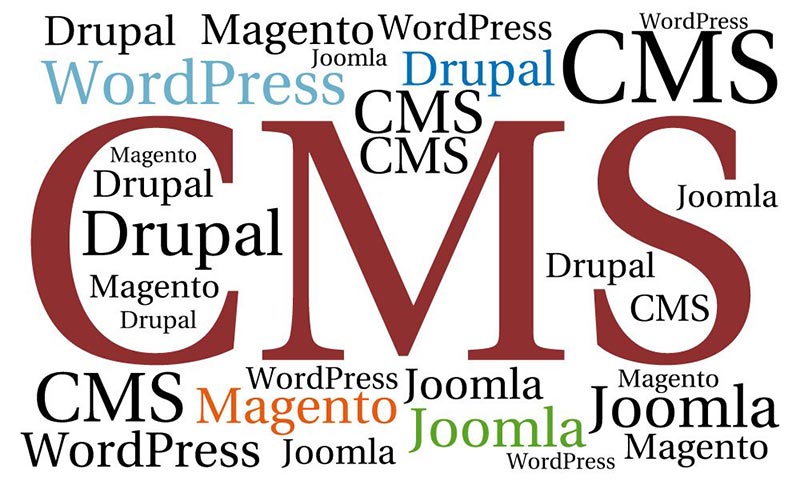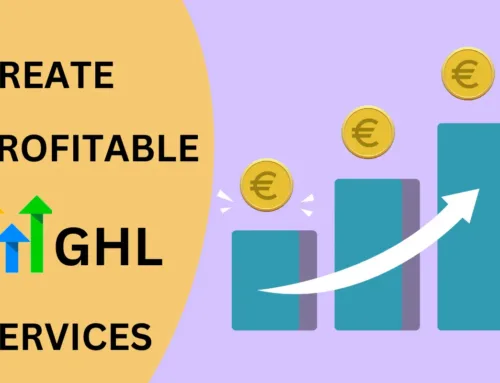For those who don’t know, CMS stands for Content Management System and it’s computer software that is used to create and modify digital content.
The most used CMS by far is WordPress. It runs something like 30 percent of the internet. That doesn’t mean it’s the only option. Other popular CMSs include Google Sites, Joomla, ExpressionEngine, SilverStripe, TextPattern, RefineryCMS, and Ghost. Right now, none of these are touching WordPress in terms of popularity, but that doesn’t necessarily mean they won’t ever get there.
This article will explore why so many people use WordPress its long-term outlook in the CMS world.
WordPress – the best CMS
WordPress is a WCMS created in 2003 when the internet was rapidly growing and a number of home users, who were not web development experts, wanted to create their own web pages.
Since then, WordPress has progressed to become the world’s largest CMS, and as of February 2017, WordPress is used by almost 60 percent of all the websites whose system for content management is known.
This means that 27.5 percent of the top 10 million websites use WordPress. Among other CMSs, WordPress has a 59.4 percent market share, so it is the major player in CMSs by far, with the next most popular, Joomla, owning only 6.1 percent.
Many popular and widely recognized sites also use WordPress, such as Forbes, National Geographic, and The New York Times to name a few. Furthermore, the number of posts that are daily made on WordPress are almost 2 million, and the website also gets 113 million unique views per month.
How does WordPress work?
WordPress works by allowing users to access different themes for the creation of their websites. Such themes enable clients to change the look and usefulness of a WordPress site without adjusting the coding or site content.
Apart from free themes, premium themes are also available if the client wishes to buy it. Custom themes from professionals can also be ordered and created for enterprise systems or businesses at a higher cost. Users can also create their own free themes, which other people can openly use on their own websites.
These collaborative efforts help in boosting the diversity of available themes and hence, attract more new users to the site. WordPress has also managed to keep up with the times, through the timely introduction of its mobile applications, available in major operating systems such as Android and iOS.
Hence, it was not left behind during the rise of smartphones and was able to capitalize on this rise and grow further.
How Does the Future Look for WordPress?
All these features and shrewd developments have ensured that WordPress remains a big name in CMS. However, for some people, this growth does not certainly ensure the future profitability and prosperity of WordPress, as it faces numerous hurdles and threats from competitors.
WordPress does have its downsides. One of them being that new users may not find it entirely navigable, as the modification of graphics requires clients to have existing knowledge of CSS and HTML.
It is also open-source, meaning that its code is public knowledge. This makes it a relatively vulnerable platform, and it was hacked in February 2017, leading to 1.5 million WordPress websites being compromised.
Businesses may also look at getting custom CMS created for their enterprise needs, rather than WordPress templates. This may be due to the increased interest in customization, but will almost always require a sky-high budget.
Since WordPress is needed in millions of websites around the globe, its core code can be filled with extra portions that your specific website would never need to access. This, in turn, decreases load speed, which hurts user experience.
Slow loading times can cause ecommerce websites billions of dollars each year, so for a fast and responsive CMS clients may look to getting one tailored to their own needs.
WordPress also needs to respond to the needs of millions of clients, so future support may not be as useful and quick when compared to a custom CMS, where the developer can quickly be reached and aid in a more personal and effective manner.
WordPress Isn’t Going Anywhere Soon
WordPress remains a familiar and easy to use platform for a lot of people. Users with little to no experience in web development, especially people with small businesses can build and maintain websites on their own. There’s also an entire industry of WordPress hosting services for people who need help maintaining their WordPress sites.
WordPress, at least for the foreseeable future will be the leader in CMS. Some other platforms are gaining in terms of sophistication, but it’s hard to compete with what people are familiar with.




